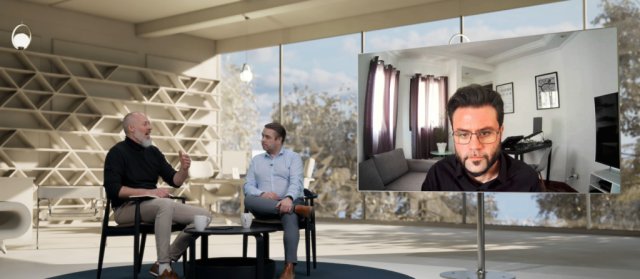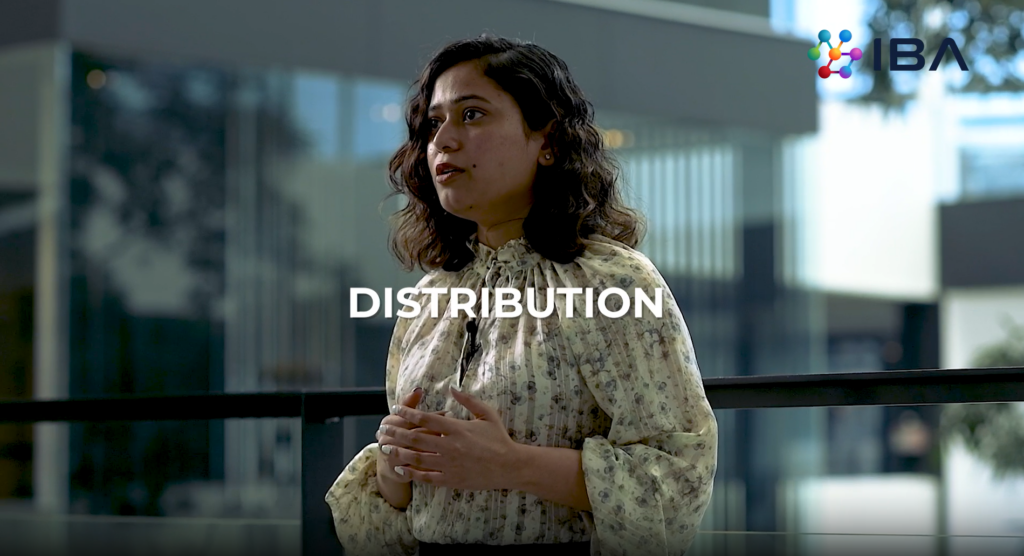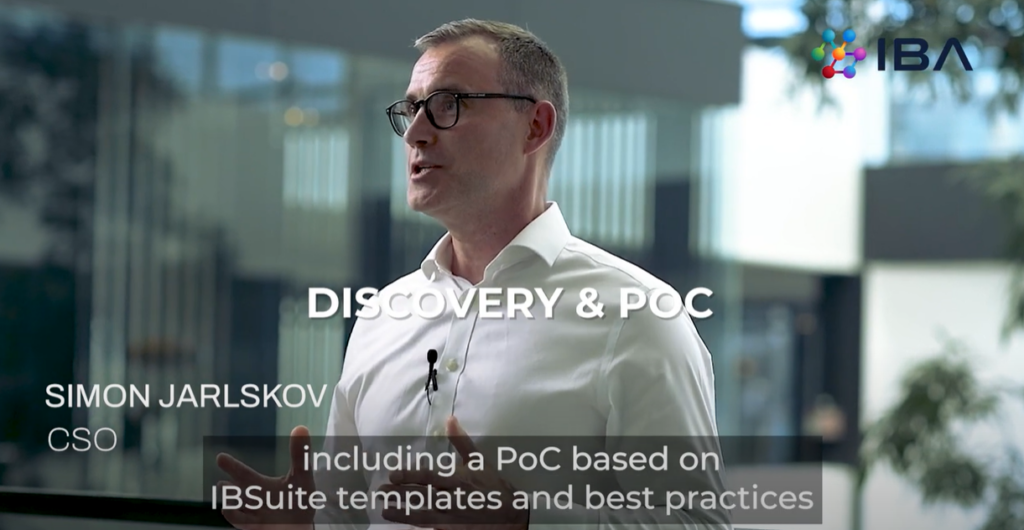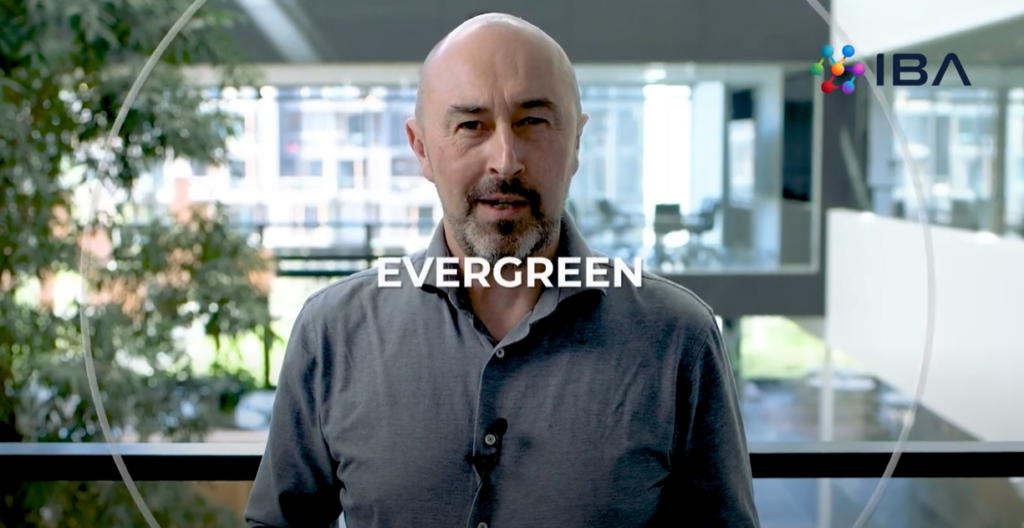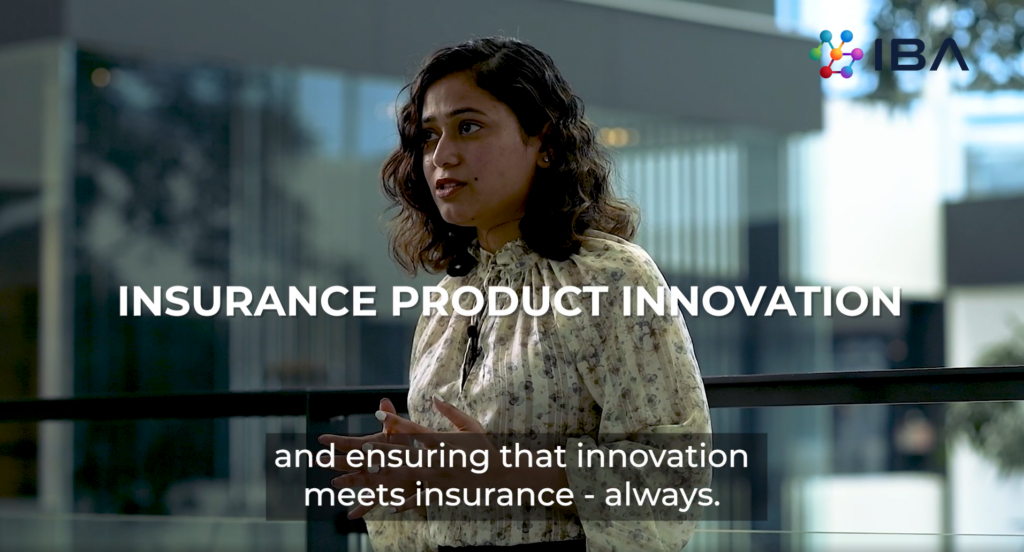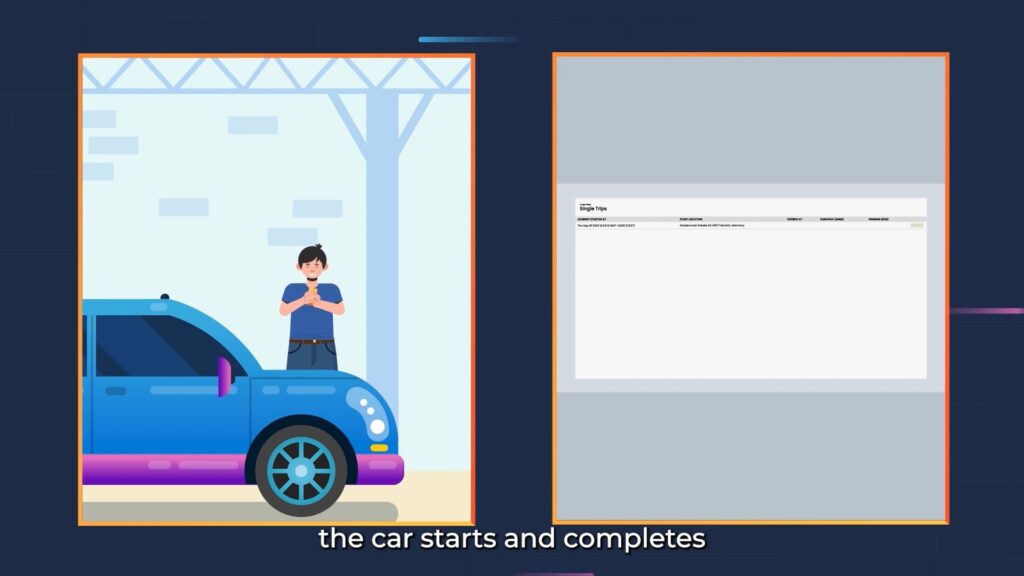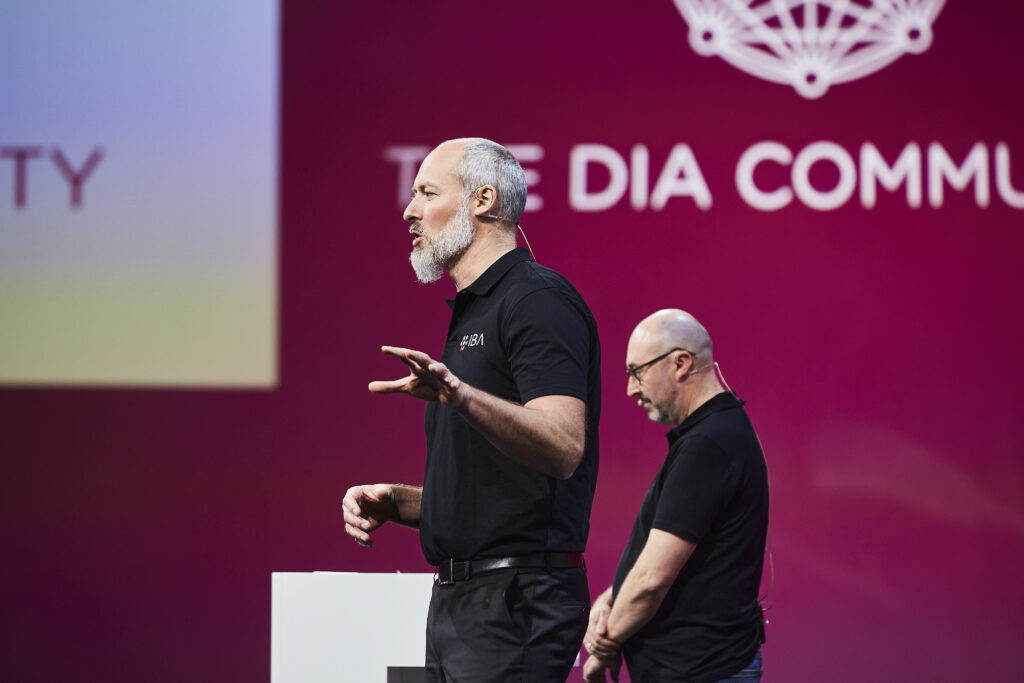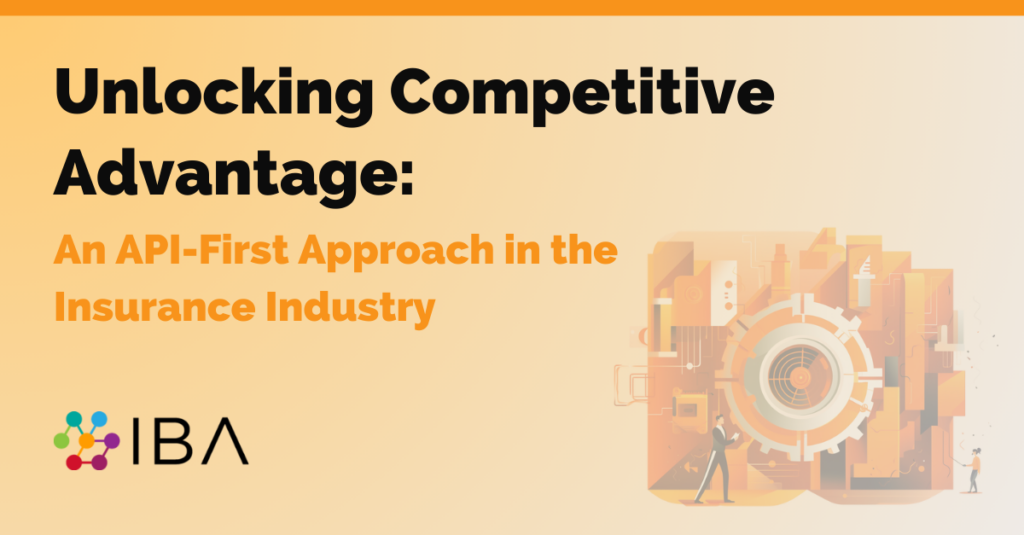Resources
Navigate through our Content Library to stay ahead in the evolving world of insurance technology.
 news 01.05.25
news 01.05.25IBA acquires IO Group to strengthen and expand strategic offerings
 news 16.04.25
news 16.04.25IBA styrker bestyrelsen som et led i sin fortsatte modenhedsrejse!
 Blog 28.02.25
Blog 28.02.25Why Modernizing Insurance Systems is Crucial for Growth
 webinar 23.01.25
webinar 23.01.25Future-Proofing Insurance: 4 Key Strategies for Core System Modernization and Optimization
 video 06.06.24
video 06.06.24What is important when dealing with distribution partners in the insurance ecosystem?
 video 06.06.24
video 06.06.24How does IBSuite help insurers overcome the complexities and hurdles of managing security and compliance?
 video 06.06.24
video 06.06.24How does IBA simplify the Implementation of IBSuite?
 video 06.06.24
video 06.06.24How does IBSuite allow insurers to focus on their core business rather than IT?
 video 06.06.24
video 06.06.24Why is insurance product management critical to obtain speed to value for insurers?
 video 23.04.24
video 23.04.24Live Award Winning Presentation: Water Leakage Use-Case – Automated Claims Handling
 video 23.04.24
video 23.04.24How can Insurers improve customer experience with modern claims processes?
 video 23.04.24
video 23.04.24How can Insurers support the future of car insurance today?
 video 23.04.24
video 23.04.24How can pet insurers improve customer satisfaction through claims automation?
 whitepaper 18.04.24
whitepaper 18.04.24Transforming Claims Management with IBSuite
 whitepaper 18.04.24
whitepaper 18.04.24IBSuite’s CRM Integration
 whitepaper 18.04.24
whitepaper 18.04.24Replacing the Core
 whitepaper 18.04.24
whitepaper 18.04.24IBSuite’s Data Migration
 whitepaper 18.04.24
whitepaper 18.04.24Go Greenfield
 whitepaper 17.04.24
whitepaper 17.04.24Transforming Pet Insurance with Automation and Innovation
 whitepaper 17.04.24
whitepaper 17.04.24Ensuring Structured Innovation across the Value Chain
 whitepaper 17.04.24
whitepaper 17.04.24The 8 Advantages of Implementing a Co-Existing Innovation Platform with IBA
 whitepaper 17.04.24
whitepaper 17.04.24The CIO Challenge in Insurance: A New Breed of Leadership
 whitepaper 17.04.24
whitepaper 17.04.24API First Approach in Insurance
 whitepaper 17.04.24
whitepaper 17.04.24API First approach: Personalised Pet Insurance
 webinar 25.03.24
webinar 25.03.24Unlocking the Potential of Microinsurance – Lessons Learned and Opportunities Ahead
 video 25.03.24
video 25.03.24Live Award Winning Presentation: Motor Insurance Use-case – Claims Automation
 webinar 13.03.24
webinar 13.03.244 Ways To Leverage APIs For A Competitive Edge In The Insurance Industry
 Blog 15.02.24
Blog 15.02.24Opportunities and Challenges for P&C Insurers: Embracing Insurtech
 Blog 15.02.24
Blog 15.02.243 Ways to Leverage APIs in the Insurance Industry
 Blog 15.02.24
Blog 15.02.24Embracing Compliance through Next-Generation Insurance Platforms
 Blog 15.02.24
Blog 15.02.24Cybersecurity for Insurers, tools and best practices
 Blog 15.02.24
Blog 15.02.24Internal Challenges of Modernizing
 Blog 15.02.24
Blog 15.02.24Why modernize? – Pressure from the market
 Blog 15.02.24
Blog 15.02.24Innovating the Product Landscape with Parametric Insurance
 Blog 15.02.24
Blog 15.02.24Parametric insurance, delighting customers and carriers
 Blog 15.02.24
Blog 15.02.24Modern Insurance Platform Benefits
 Blog 15.02.24
Blog 15.02.24Modern Insurance Platforms: What to look for
 Blog 15.02.24
Blog 15.02.24Digital Embedded Microinsurance Strategy: Keys for Success
 Blog 15.02.24
Blog 15.02.24Microinsurance: The Drive of Technology
 Blog 15.02.24
Blog 15.02.24Low-code no-code: The Key to the Digital Transformation?
 Blog 15.02.24
Blog 15.02.24Innovation at IBA
 Blog 15.02.24
Blog 15.02.24Drivers of Digital Transformation in the Insurance Industry
 Blog 15.02.24
Blog 15.02.242.0, 2.5, or 3.0? – Embedded Insurance Part 2
 Blog 15.02.24
Blog 15.02.24Embedded Insurance and its Importance: Part 1
 Blog 15.02.24
Blog 15.02.24The Cloud: Accessing Value for Insurers
 Blog 15.02.24
Blog 15.02.24Automation and Artificial Intelligence in P&C Insurance
 Blog 15.02.24
Blog 15.02.24Solving Product Development Challenges
 Blog 15.02.24
Blog 15.02.24Overcoming Integration Challenges
 Blog 15.02.24
Blog 15.02.24IBSuite: The Top 10 Advantages
 Blog 15.02.24
Blog 15.02.24The Top 5 Challenges Facing the Insurance Industry Today
 Blog 15.02.24
Blog 15.02.24The metaverse – part 2: How should insurers engage?
 Blog 15.02.24
Blog 15.02.24Metaverse – part 1: Should insurers care?
 Blog 15.02.24
Blog 15.02.24The benefits of a multi-core strategy for insurers
 Blog 15.02.24
Blog 15.02.24Customer experience in the driver’s seat of insurance transformation
 Blog 15.02.24
Blog 15.02.24Enhancing Customer Experience with Digital Transformation
Let’s talk

Curious about what’s next for your organization? Contact us to engage with our experts. Whether it’s a discovery call, potential collaboration, seeking insights, or just exploring new technologies, we’re here to guide you through. Together, we’ll uncover opportunities that await beyond the horizon.
- Discovery Call
- Strategic Partnerships
- General Inquiries



